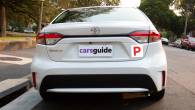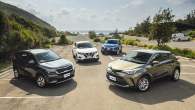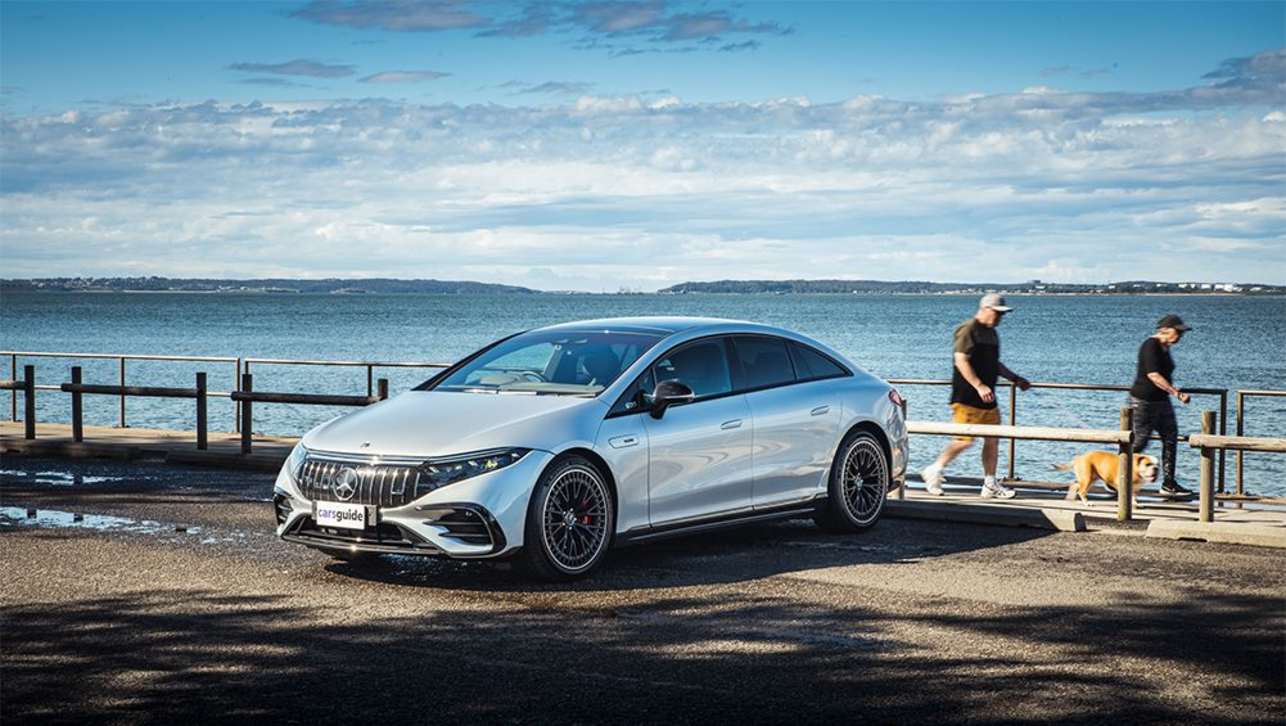The New Vehicle Emissions Standards (NVES) is the most controversial topic in the car industry in 2024, and it’s likely to remain that way for the foreseeable future.
Why? Because if you rewind 20 odd years you’ll find the Luxury Car Tax was the biggest issue then and it remains a controversial issue to this day.
These two topics are particularly relevant to the question we’re trying to answer today, which is ‘Do you pay Luxury Car Tax on electric cars?’
We’ll dive into the details about how electric vehicles, and other low-emissions vehicles are treated to some minor Luxury Car Tax exemptions to help promote cutting emissions.
What is Luxury Car Tax and how does it work?
The Luxury Car Tax, which was introduced in 2000, is an additional tax car buyers are forced to pay when they purchase a new vehicle that costs more than a price the government has decided means it has become a luxury car.
The LCT means you pay an extra 33 per cent of the value of the vehicle, on every dollar above the threshold amount. This means anyone buying a new car above the LCT threshold is paying an additional tax on top of the other government charges for a new vehicle, which already include GST and stamp duty.
What is the Luxury Car Tax threshold for 2023-2024?
At the time of publication (early 2024), the current 2023-24 threshold is set at $76,950 for most new models, but is raised to $89,332 for fuel-efficient vehicles, which is defined as any vehicle that uses less than 7.0-litres per 100km.
.jpg)
Who has to pay the Luxury Car Tax?
Everyone buying a car above those thresholds, except for car dealers and anyone buying a ‘new’ luxury vehicle that has been sitting on the lot for more than two years - as we explained in our Luxury Car Tax loophole examination.
Are electric vehicles exempt from the Luxury Car Tax?
Certain electric cars are exempt but not others and it depends primarily on the price. Put simply, if an electric vehicle costs less than the current threshold for fuel-efficient models, currently $89,332, then you don’t need to pay the LCT.
That’s why you’ll notice a lot of EVs on the market are priced just below that mark, such as the Hyundai Ioniq 6, which tops out at $85,500, the Kia EV6 GT-Line, priced at $87,590 and the Volvo XC40 range peaks at $87,990.
It’s important to note that this exemption isn’t restricted to EVs, the same applies to hybrid, plug-in hybrid or any model that uses less than 7.0L/100km.
.jpg)
Is the Luxury Car Tax threshold for fuel-efficient vehicles set to change soon?
Yes. There’s been no word on a change to the threshold amount, but the fuel economy figure is set to change from July 1, 2025, when the government will redefine a ‘fuel efficient’ vehicle to be one that uses just 3.5L/100km.
This will obviously push some hybrid models with a fuel-economy rating between 3.6 and 6.9L/100km into the lower threshold and therefore increase the amount of tax the government collects, but electric vehicles that return 0.0L/100km will remain exempt.
Are there any other ways to reduce tax on an EV?
Yes, there is one more way for EV owners to save and that’s with the fringe benefit tax exemption for fleet buyers and eligible individuals. In simple terms, any all-electric model under the threshold and therefore exempt from the LCT is also exempt from the FBT. This means there’s no FBT on electric cars under $89,332.
There are some other key requirements, so check with the Australian Taxation Office for details when you plan to purchase your car, or speak to a qualified tax specialist.


.jpg)

.jpg)


 copy.jpg)

.jpg)


.jpg)
.jpg)




.jpg)
Comments